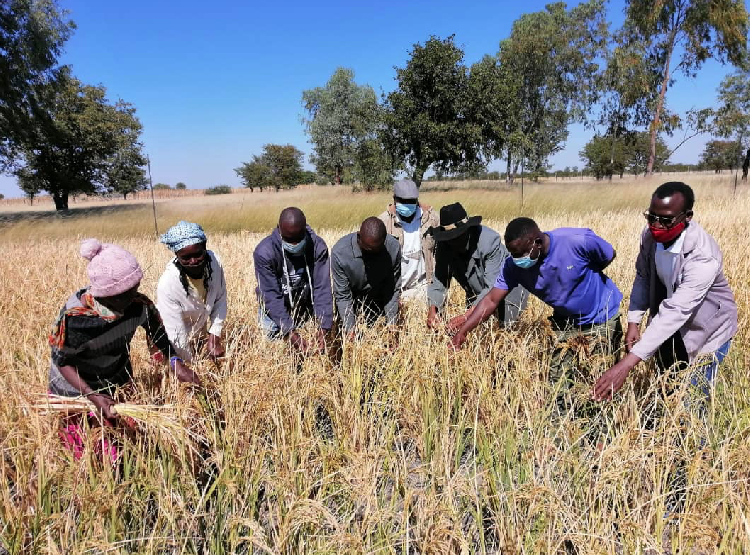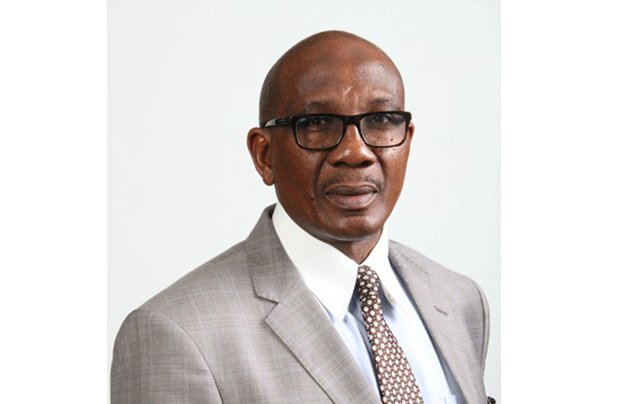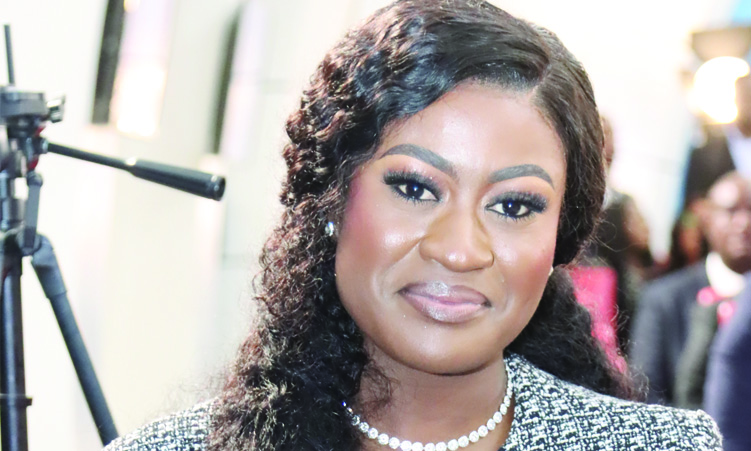ACE KOMEYA is a small-scale organic rice farmer on a small portion of land at Epuku Noyana village in Ongongo constituency.
He started growing organic rice early this year and this will be his first harvest.
He is among a few farmers in northern Namibia growing organic rice as part of a pilot project by the University of Namibia’s Ogongo campus that plans to enable small scale farmers to do sustainable agricultural production.
“I first started farming with maize and a few vegetables, thereafter I decided to try growing organic rice. I did research on it and I sought more information from the Unam campus. The lecturers advised me on how to grow rice and they even gave me a few seedlings which I planted and some equipment that I needed.
“I planted in January and now my rice is ready for harvest. Our first harvest will start next week,” he said.
Despite facing difficulties such as the high cost are irrigation systems, Komeya plans to expand his project to produce on a higher scale.
Simon Awala, an agronomy and plant physiology lecturer at the Ogongo campus commended Komeya for starting the rice project saying the demand for organic rice was increasing in the world, but its cultivation remains modest and many local farmers are reluctant to grow rice.
“Farmers, especially those in the northern areas must switch to growing rice because it is now becoming a staple food in many households. Rice cultivation does not require one to have a large portion of land. One can grow on a small piece of land and the production will still be high because rice does not require many farming techniques, all that one needs is to have adequate water and the skills,” he said.
Awala said that Komeya’s rice will be processed and packaged at the campus.
He added that the seasonal wetlands such as Oshanas and floodplains are some of the ideal areas for rice farming in the northern regions.
Komeya has so far employed about five workers at his project.
Stay informed with The Namibian – your source for credible journalism. Get in-depth reporting and opinions for
only N$85 a month. Invest in journalism, invest in democracy –
Subscribe Now!










